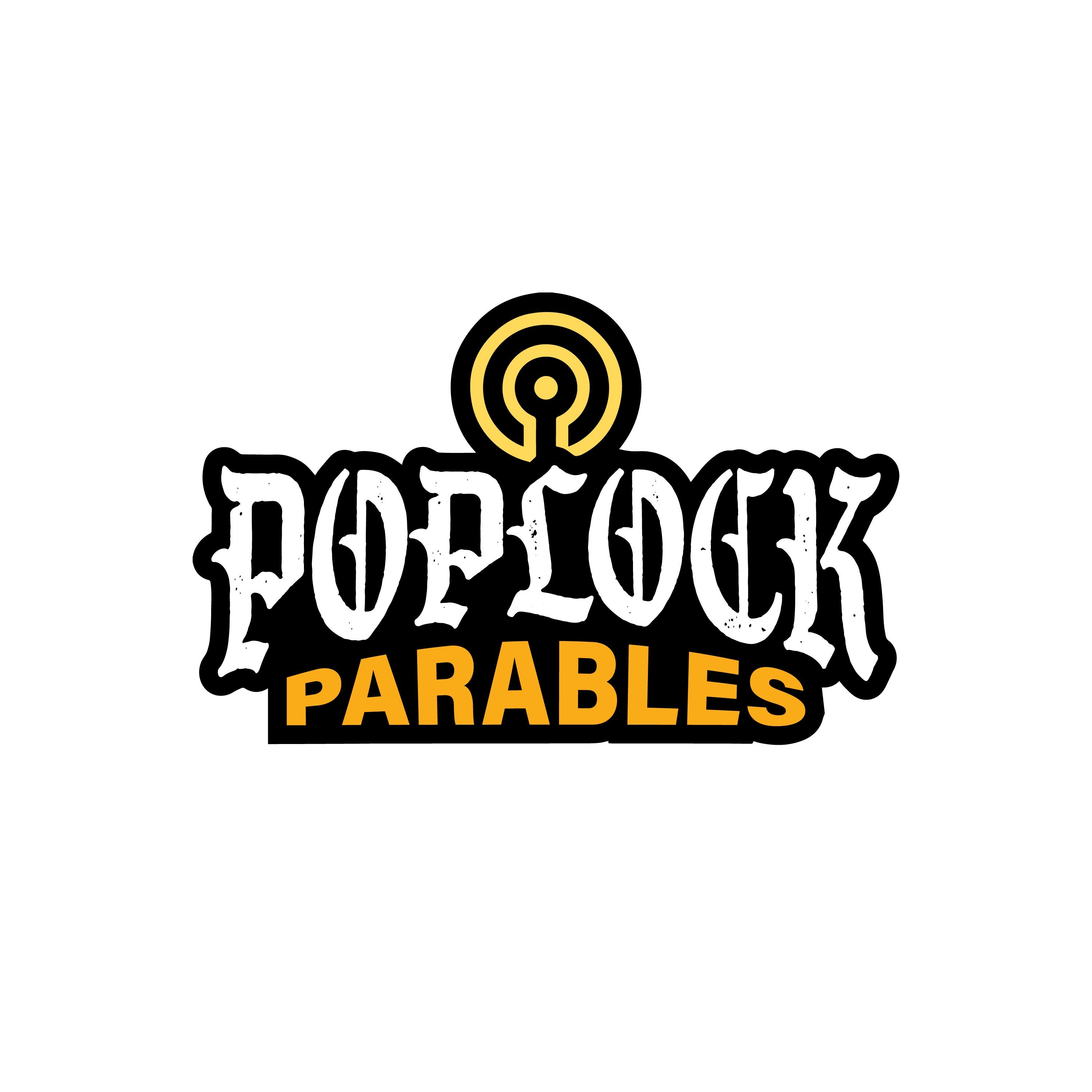Respect in New Spaces

You ever had one of those situations where you feel like you know what you're talking about, but you know that people might not listen to you because they don't know who you are?
I grew up skating a little bit, but not enough to ever say that it was a part of my life before adulthood. I remember a few elementary school and summer camp trips to Cascade, the (now) famous rink in Atlanta, but the first time I ever decided to skate intentionally was in 2022, a month before my birthday. I wanted to skate for two reasons: one, to better connect with my cultural heritage as an ATLien; and two, to challenge myself with a new skill that I could incorporate into my dance.
I started with the basics: watching Dirty Deborah Harry's videos on Youtube periodically between learning how to skate forwards, backwards, execute crossovers, and do simple turns. I took a few classes at Cascade on the weekends under the guise of a guy named Raushan, an amazing skater with a great foundation who I later would learn was the head of the local skate crew, the Cascade Dream Team. I got better steadily before I started to take classes under a guy named Paul Antonio Johnson. Now Paul was part of this group called Da Ones in the 2000s, and they are the skate crew upon which the movie "ATL" is based. The crew themselves are in the film, but they go by a different name, the "Get Money Crew."
Paul is at 3:30 and has the money in his mouth.
Paul starts off teaching me the foundation of one of Atlanta's local skate styles known as the Cross-Slide by older generations and ATL Step by younger people. It's a combination of Yeek moves--ATL's original hip hop dance style--plus some HBCU marching band and step influence (which is South African gumboot dance, but that's another story.) Later on, in learning from Paul's predecessors, I actually learn that Paul's method wasn't the best in terms of engendering proper foundation, but he also is one of the few people teaching at the time, so if anyone wants to learn ATL style skating, they pretty much are going to just him or his students. Additionally, in learning from Paul (and others) and skating at Cascade I begin to see a tremendous amount of parallels between the skate scene and the street dance scene. Here's a few things I noticed:
- Regional skate styles and regional skate music = regional dance styles and regional dance music
- Popular skaters (especially on social media) whose skills may or may not match their degree of popularity
- Large "known" skate parties like For the Love of Sk8ing = large street dance jams like House Dance Conference
- Oral history arguments over who came up with what move and what style
- Oftentimes the best skaters/dancers are people you never see at any of the major events/parties/competitions
One of the things when it comes to learning the ATL skate style is that you typically perform the style in groups. So, when I'm learning with Paul, I'm learning with other people he's teaching. And during these sessions I start to recognize one thing: these folks don't know how to perform. Now, what I mean by this is, when they lift up their legs, they lift at something like a 45-degree angle, instead of a 90-degree, parallel to the floor, that creates a nice, clean, angle shaped. When they clasp their hands, they clasp softly, as though they wish to make their presence less known and not create a disturbance. When they spin in attempts at unison, they let slip that all of their members may not have the timing down, so some spin early, and some spin late. And I'm catching all of these things because of my dance background, being trained by folks who thoroughly emphasized cleanliness and precision. Yes, you want to exhibit your individuality, but in group dynamics it matters more how you all look as a whole lest you end up with "man that dude 3rd from the back is really killing it." Now of course some people want to be the star, but that's a different story.
And herein presents my dilemma--I could tell my classmates these elements that would make their performances sharper, but to them, who am I? I'm learning this new thing just like you, so what right do I have to tell you how to do it better? What's more, even if I'm right, my skills aren't strong enough to execute what I'm saying. In a competitive environment like this, you aren't clearly better than me, so why should I listen to you? So, on multiple fronts, I have yet to garner the respect that would give my words the gravitas I feel they deserve.
Now what's funny to me is, in an adjacent arena like street dance, I've gotten plenty compliments over the years regarding how clean my movement is, as well as the quality of my teaching. And truthfully, most of these skills transfer into this new arena of skating. After all, we are dancing! on skates! But, because I am relatively unknown in the skate world, my lessons from dance don't really seem to matter. And some common ways of gaining respect--competing, becoming an expert, going viral, becoming famous--are ways that I've explored to various degrees in dance, and I don't want to do the same thing over again. So, I keep my lessons largely to myself.
Unless you are a child, apparently. Kids always come up to me in the rink, so they get everything I be wanting to share with my peers. Funny how life works, huh?

